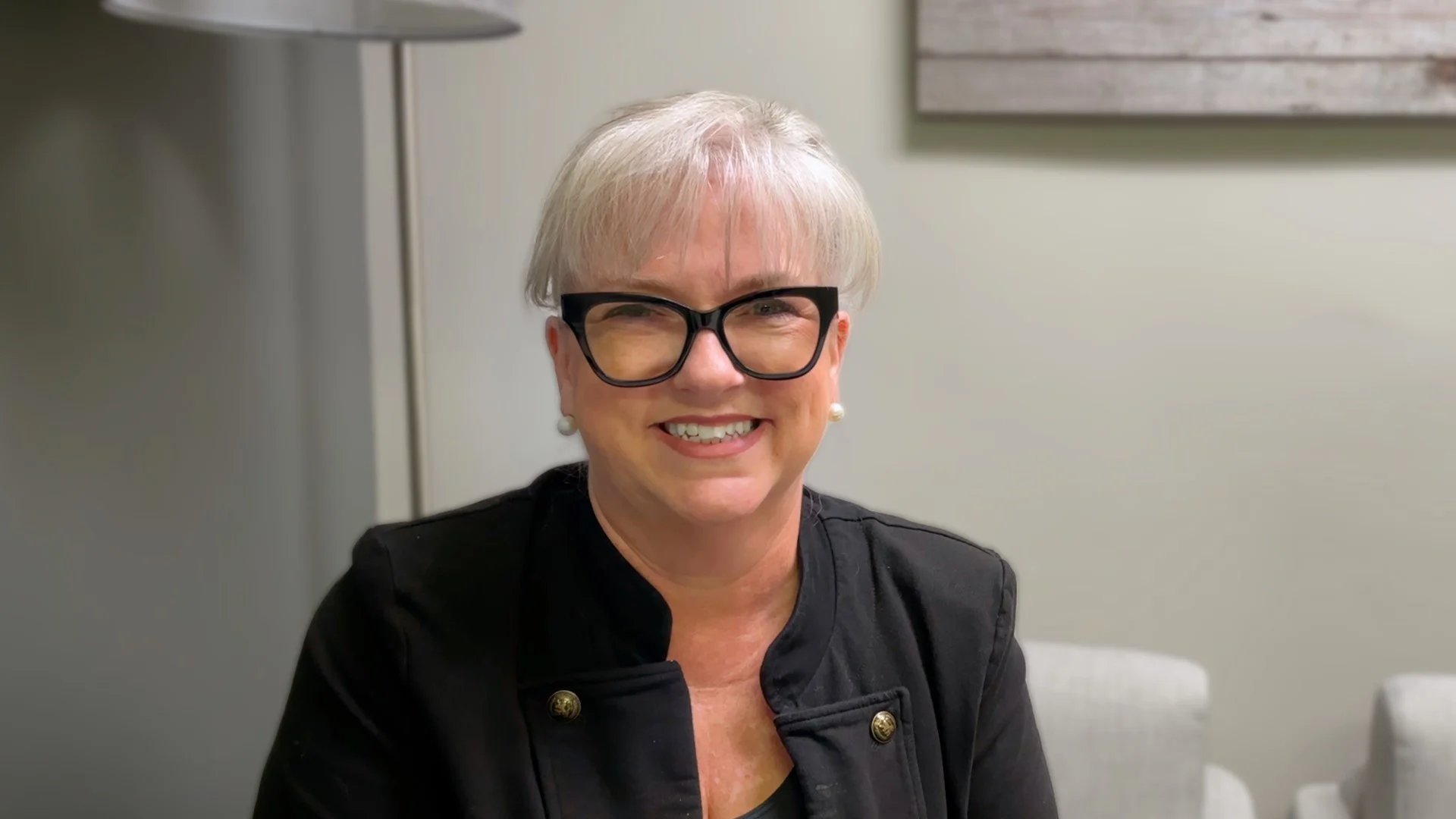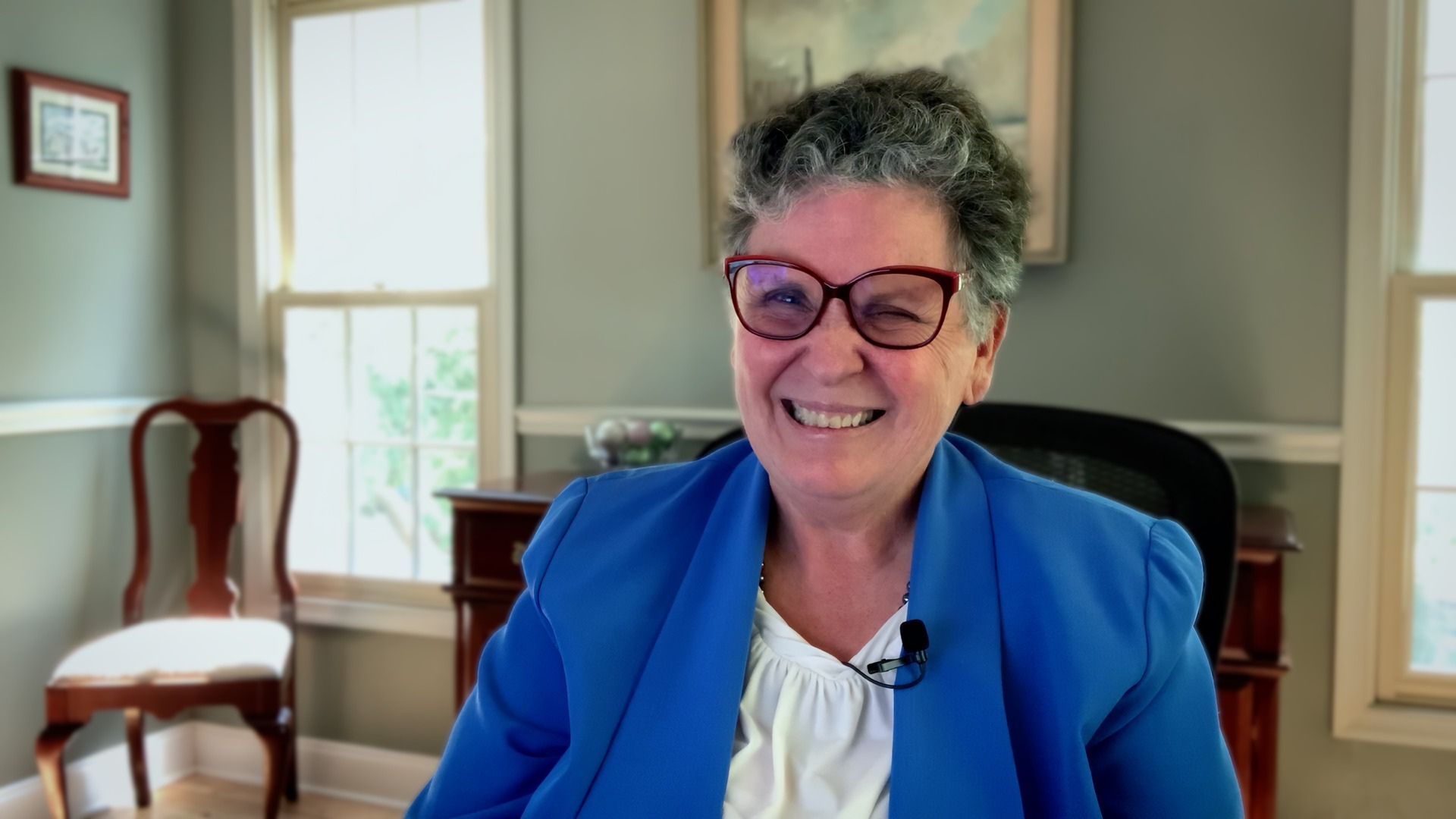
What is Familismo?
Medical interpretation is so much more than repeating instructions and diagnoses back and forth in different languages. Medical interpreters are responsible for ensuring that effective communication takes place between the patient and provider, and that includes ensuring that understanding occurs amidst diverse cultural worldviews.
When it comes to medical treatment in the United States, much of it is handled at an individual level. Doctor/patient confidentiality exists between the patient and provider, the patient must provide their own informed consent, and HIPAA laws protect against the dissemination of protected health information. This approach of managing healthcare by oneself and making autonomous decisions as an individual is not as common in Latin and Hispanic cultures. Instead, Spanish-speaking families often engage in something called familismo.
According to Psychology Today, “Familismo, is a central Latin cultural value. It involves dedication, commitment, and loyalty to family. Regularly spending time with one’s immediate and extended family is part of familismo. It also involves seeking the family’s advice for important decisions. Sometimes familismo means putting the family above oneself. It may even mean helping one’s parents and siblings with money.” (source)
What this means within healthcare, is that medical decisions are often made as a group, and with a lot of influence from close family members. Our interpreters see it every day…a healthcare provider trying to get a direct answer from the patient, while the patient hesitates and looks around the room for support from their family members. When it comes to ensuring effective communication happens in these situations, both the interpreter and the provider must exercise cultural competency, the ability to interact effectively with people from different cultures. This could entail giving the patient time to confer with their family, at the same time ensuring that the patient him or herself fully understands and agree with any decisions that are being made.

After all, the Hispanic population within the United States is growing. Right now, there are more than 57 million Hispanic individuals living within the United States, and more than 16 million of those are considered limited English proficient (source). Last year, 69% of the video remote interpretation sessions we handled were Spanish.
Familismo is an important phenomenon to understand in order to ensure that Spanish-speaking patients are being treated respectfully, responsibly and effectively.
Click here to learn more about how we can bring video remote interpretation to your facility.
AMN Healthcare's Language Services
Additional Language Services Resources
Latest News
Webinar Recap Part 1: Affordable Care Act – Section 1557
Learn how healthcare providers can prepare for Section 1557 regulatory updates, with a focus on nondiscrimination, language access, and training requirements.
What the ‘English as the Official Language’ Executive Order Means for Language Services in Healthcare
Understand the implications of the executive order on language services in healthcare. AMN Language Services is committed to providing the highest quality healthcare interpretation services.
Onvida Health Partners with AMN Language Services to Enhance Patient Care
Discover how Onvida Health transformed patient care and communication with AMN Language Services.
Proven Success in Multilingual Healthcare: Shriners Children’s System and AMN Healthcare Partnership
By providing reliable interpretation for Shriners Children’s System, every patient can receive the exceptional care they deserve. Discover how AMN Healthcare Language Services bridges
Fostering Understanding in Healthcare:
Discover the transformative impact of AMN Healthcare Language Services in this heartfelt testimonial from the Ronald McDonald House of Fort Worth.
Celebrating Excellence in Healthcare Partnerships: 2024 Supplier Horizon Award Winner
Learn AMN Language Services' achievement as the 2024 Supplier Horizon Award Winner and our outstanding dedication to improving communication, inclusivity, and compassion in healthcare.
Navigating the New Era of Hospital Accreditation, Health Equity, and Legal Compliance
Massachusetts is the first state to mandate specific accreditation and certification requirements that incentivize healthcare equity.
The Critical Role of In-Person (onsite) Interpreters in Healthcare
While technological advancements have introduced various modes of interpretation, there are specific scenarios in the healthcare industry where the physical presence of an interpreter is a better











